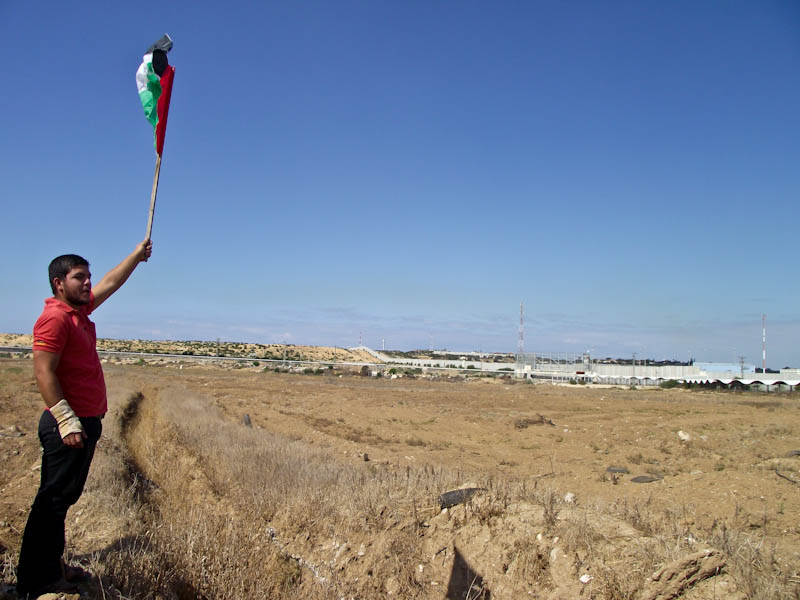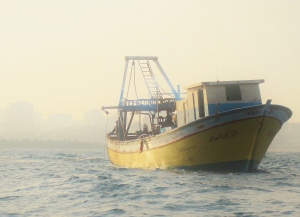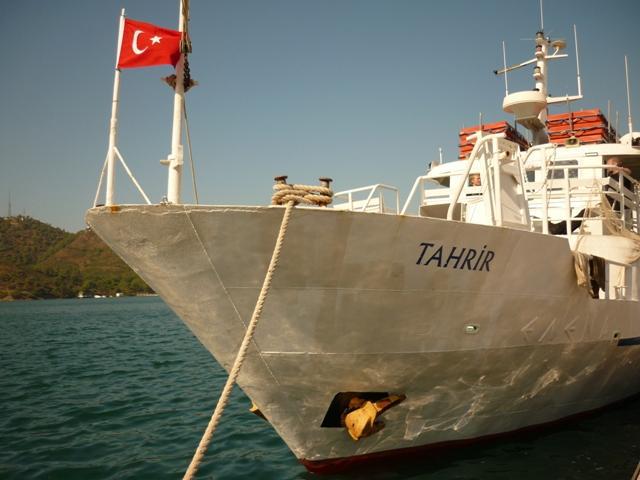-
Under the flag of UNESCO marched Gaza
by Nathan Stuckey 1 November 2011 | International Solidarity Movement, Gaza We gathered on the road in front of the Agricultural College of Beit Hanoun, one side of the road a functioning school, on the other, only the remains of destroyed school buildings. For three years the people of Beit Hanoun have gathered here every […]
-
Initial reactions from Gaza on the new Freedom Flotilla
by Radhika S. 3 November 2011 | Notes from Behind the Blockade Here in Gaza, people — especially the youth — are really excited about the new flotilla on its way from Turkey. “I can’t wait to receive my brothers and sisters who share our suffering and who also experience Israel’s apartheid policies and aggression,” […]
-
Act now to defend today’s boats to Gaza
2 November 2011 | International Solidarity Movement, Gaza Two boats, called “Freedom Waves to Gaza,” are now traveling on the high seas to the besieged Gaza Strip. Their civilian passengers include people from five countries, including Palestinians from 1948. This is another non-violent attempt to break Israel’s siege, an illegal policy that has forced Gaza’s […]
Action Alert An Nabi Saleh Apartheid Wall Arrests BDS Bethlehem Bil'in Cast Lead Demonstration Denial of Entry Ethnic Cleansing Farmers Gaza Global Actions Hebron House Demolition International law Israeli Army Jerusalem Live Ammunition Nablus Ni'lin Prisoner Ramallah Rubber-coated steel bullets Settlement Settlers Settler violence Tear-Gas Canister Video



